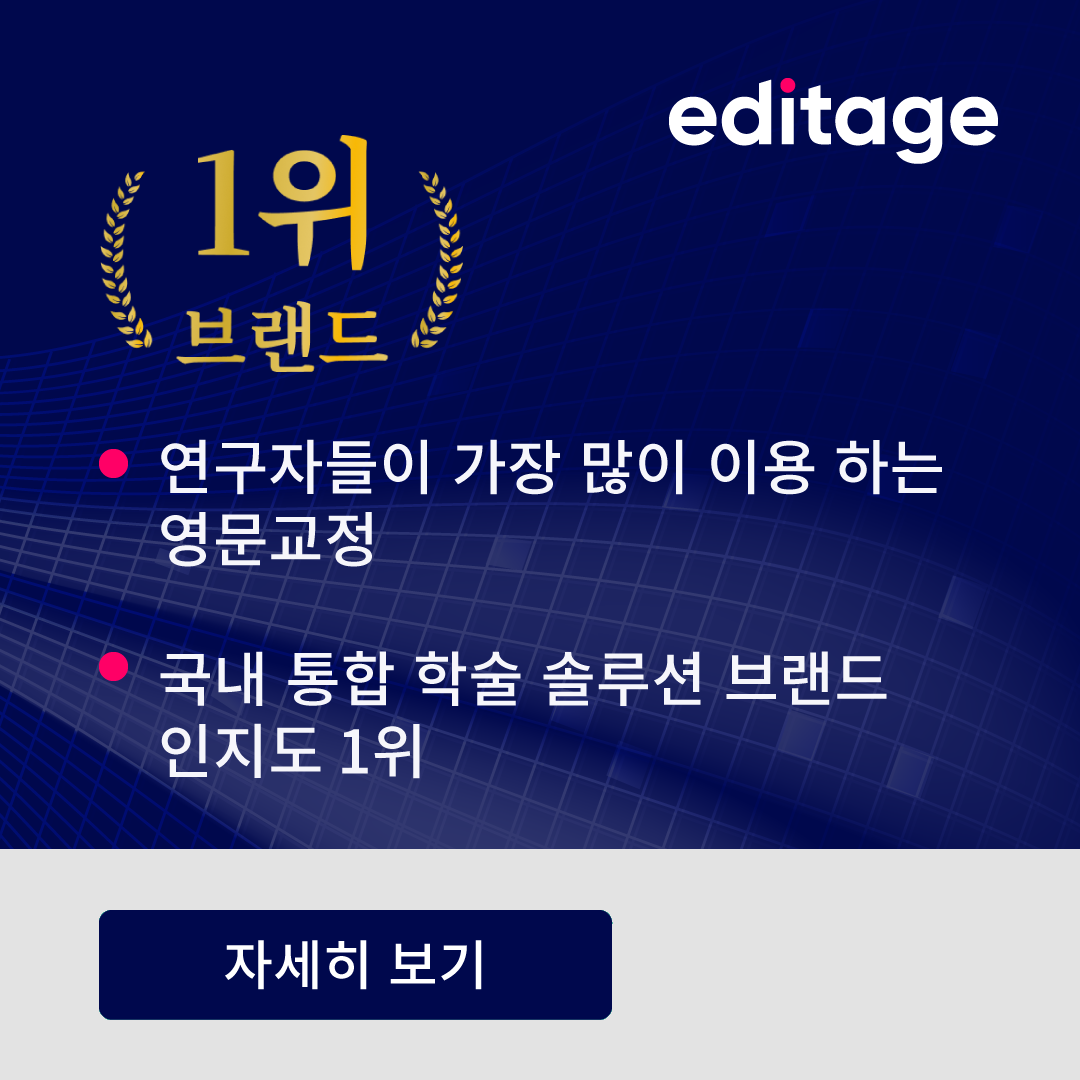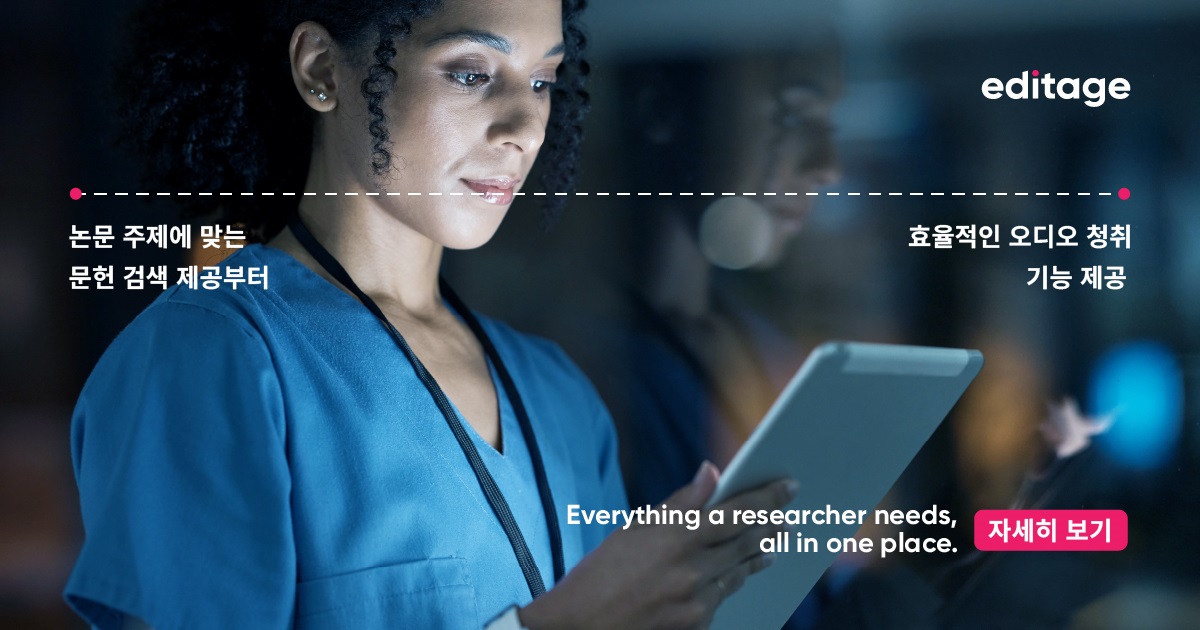It is unfortunate that the journal has requested retraction of your paper. I would encourage you to respond positively to the journal editor’s request and offer to have your paper retracted. If you do so, the journal’s retraction notice will inform readers that the paper has been retracted by agreement among the authors and the journal editor, owing to errors in data.
Although retraction in itself is not favorable and can have a negative impact on your standing as a researcher, retraction due to honest error may not severely affect your reputation and eligibility for future grants, especially if you acknowledge the errors and act in the interest of science.
There are two broad reasons for retraction: (1) honest human error, for example, an error in the experimental data or statistical analysis, or (2) academic misconduct, for example data fabrication, failure to disclose conflicts of interest, lack of adherence to ethical protocols, and plagiarism. As you can expect, the latter cases, which are unfortunately increasing in incidence, are more grave than the former. Cases of misconduct not only severely compromise the value of scientific literature but also adversely affect the concerned researchers’ academic standing and career advancement prospects. Such cases are made worse if the concerned authors deny the allegations made against them and refuse to retract their papers, forcing the journal to publish a very negative comment regarding the authors’ response. This would undoubtedly taint the authors’ reputation beyond repair.
As per the retraction guidelines issued by the Committee on Publication Ethics, the purpose of retraction is to protect the integrity of the scientific literature rather than to punish authors. The fundamental reason for which a journal editor would consider retracting a paper is if he/she has clear reason to doubt the scientific reliability of the paper.
If a journal editor has reason to believe that any of the journal’s published papers has unreliable data, the case is first thoroughly investigated. If the errors in data are minor, the journal will issue a correction notice pointing out the errors. If the investigation proves inconclusive, the journal may issue an expression of concern for that particular article. Retraction is adopted as a last resort, when the errors in data are considerable and affect the validity of the entire study outcomes.
Remember that journals do not benefit from retracting papers: in fact, frequent retraction notices can reduce a journal’s reputation and make readers question the journal’s pre-publication peer review process. So in the present case, I would request you to partner with the journal editor and allow the retraction of your paper. In subsequent grant applications, be honest and show the journal’s retraction notice so that the grant committee can know that your retraction was due to honest error and not misconduct. Finally, keep pursuing good science and aim to publish high-quality studies. Your research efforts and the quality of your work should speak for itself to overcome any negative impact of a retraction due to honest error.










